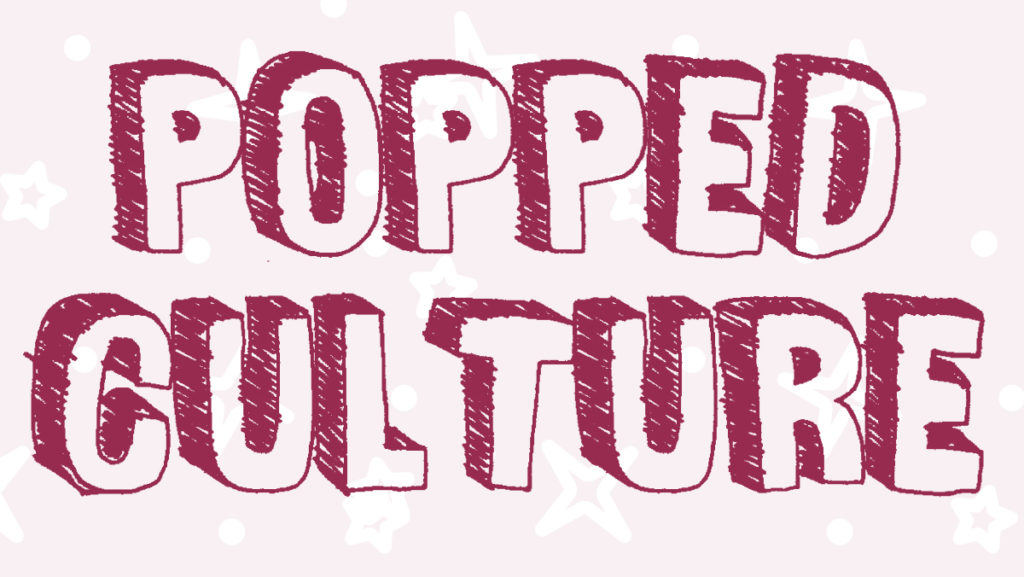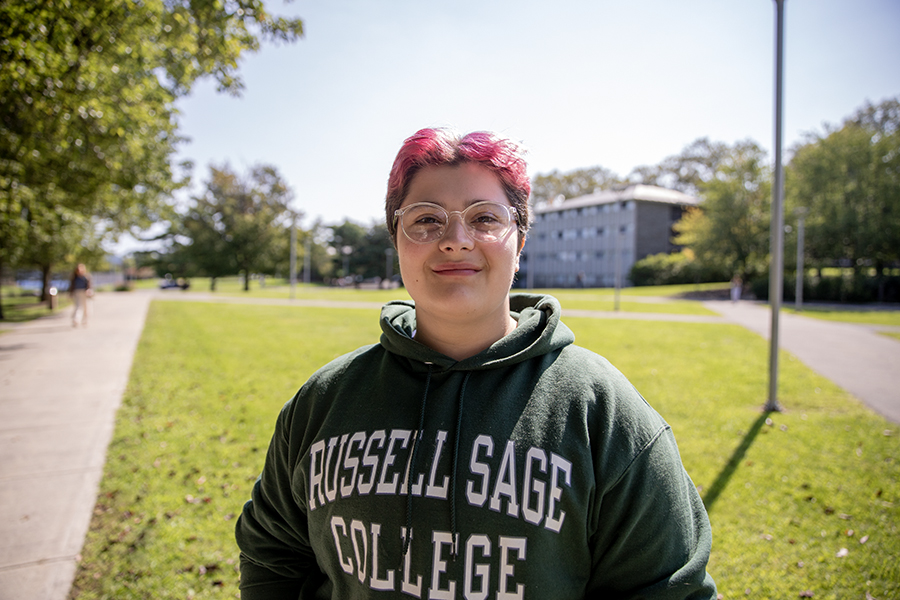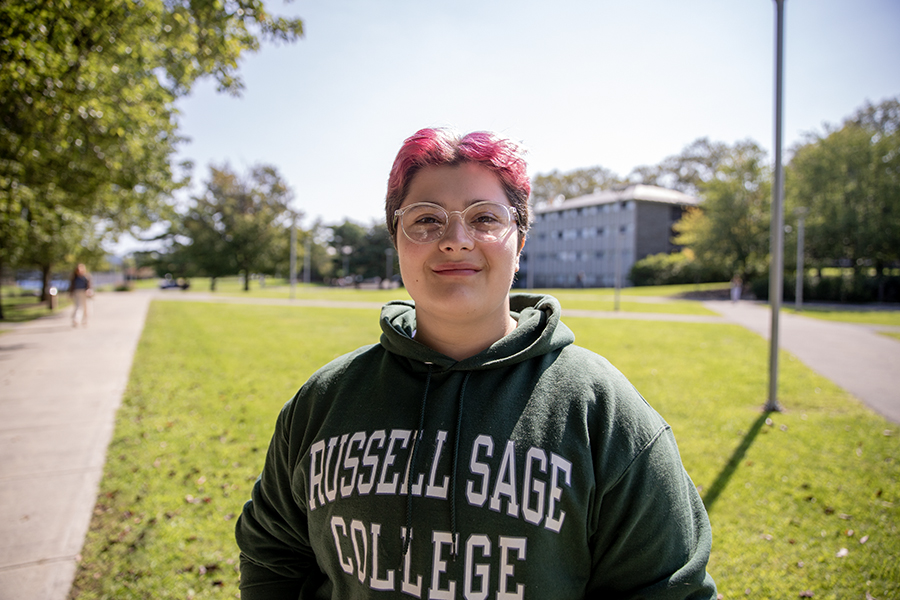A lone woman stands in the ruins of a city or a bloody battlefield or a penthouse in New York City. She peers over the world like she owns it and her tight clothing accentuates breasts and ass. She is “The Strong Female Character” and she sneers at all lesser women.
But what is a “strong female character” anyway? Despite film critics and marketing teams throwing the term at their audience like candy, there is a difference between a strong, female character and a well-written one.
There are two types of characters that receive the label of “strong female character”: stoic action–heroines and genuinely well-written female characters who are neither stereotypes nor against traditional symbols of femininity. Unfortunately, the first type is the one that most often occupies Hollywood’s headspace.
Stoic action–heroines and corporate girl bosses are the results of common misconceptions about what female “strength” is. A common trait for “strong” female characters, like Black Widow and Captain Marvel, is an overall rejection of traditional femininity. In both of their titular films, Black Widow and Captain Marvel are depicted as tomboys in their youth who developed into ass-kicking, soldier women. While there is nothing wrong with women who have traditionally masculine interests, the media seems to favor them over women with traditionally feminine ones.
There is nothing wrong with portraying masculine women in the media, but they can’t be the only heroines we see, nor should they be allowed to infer that their strength comes from their masculinity. Femininity is strong too.
When Elizabeth Swan (Keira Knightley) sheds her corset and gowns in the “Pirates of the Caribbean” series, she grows from damsel–in–distress to swashbuckling hero. As she becomes more tomboyish, she becomes more of a hero. It’s hard to name a female protagonist whose rise to hero status doesn’t involve the loss of her femininity in some form.
Eowyn (Miranda Otto) from “Lord of the Rings,” is another example of a woman who goes against the gender norms of her world by becoming a soldier — good for her. But Eowyn also views other women as weak for not being soldiers like her and sneers at the very important and valid ways in which they serve their communities as homemakers. According to the subtext of these films, strength is synonymous with masculinity.
There is power in stories about women who cross gender lines and don’t fit the idealized box of what a woman is. These stories strongly reflect what a lot of women experience in their day-to-day lives and are inspiring. But these films also often make femininity the enemy or fall into stereotypes when they try to make a character appear feminine. The few times Marvel has attempted to explore the more feminine side of Black Widow have been cringey. Take, for instance, in “Avengers: Age of Ultron” when the writers tried to set up a romance between Black Widow and the Hulk, because that’s what femininity is right? Romance?
There have been a few films that have successfully created female characters who don’t hide or scorn femininity. Katniss Everdeen from “The Hunger Games,” is a hunter-turned-resistance-leader who plays the part of a mother to her younger sister, Primrose. Primrose is more feminine than Katniss and later becomes a nurse, but Katniss doesn’t reject her sister’s life choices. In a world of stoic heroines, it’s rare to see any female protagonists with motherly or caring traits.
Harley Quinn from “Birds of Prey,” is one of few comic book to movie heroines who are allowed to wear highly feminine clothing while blowing people up. Through she is treated as a sex object in other media, she shines in “Birds of Prey” where the male gaze is nowhere to be found. Harley isn’t a stoic rock like other comic book heroines, she’s loud and chaotic and sexy on her own accord. She has a personality that goes beyond coldhearted soldier woman.
But Katniss is still a tomboy at her core and Harley Quinn is one exception out of dozens, and it’s hard to name a prominent female protagonist who isn’t. Unfortunately, in the world of life-action movies, it is almost impossible to find a feminine female character who isn’t a damsel in distress.




